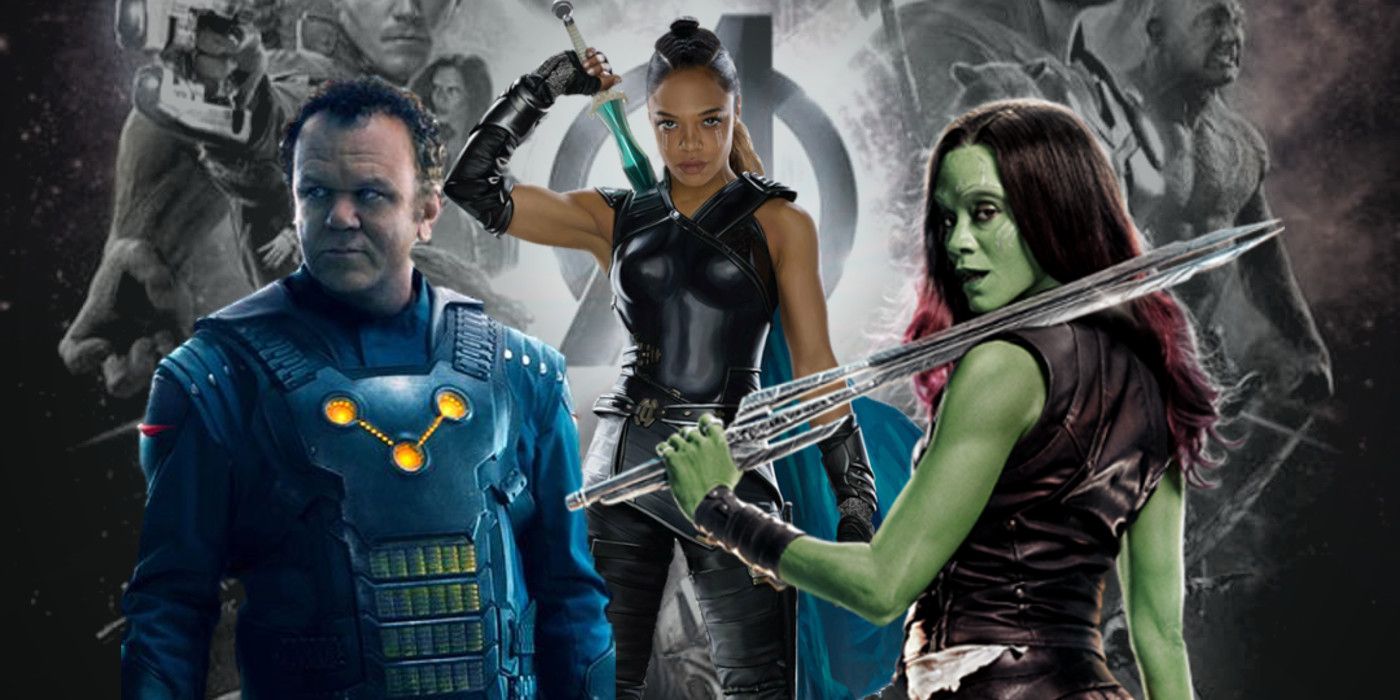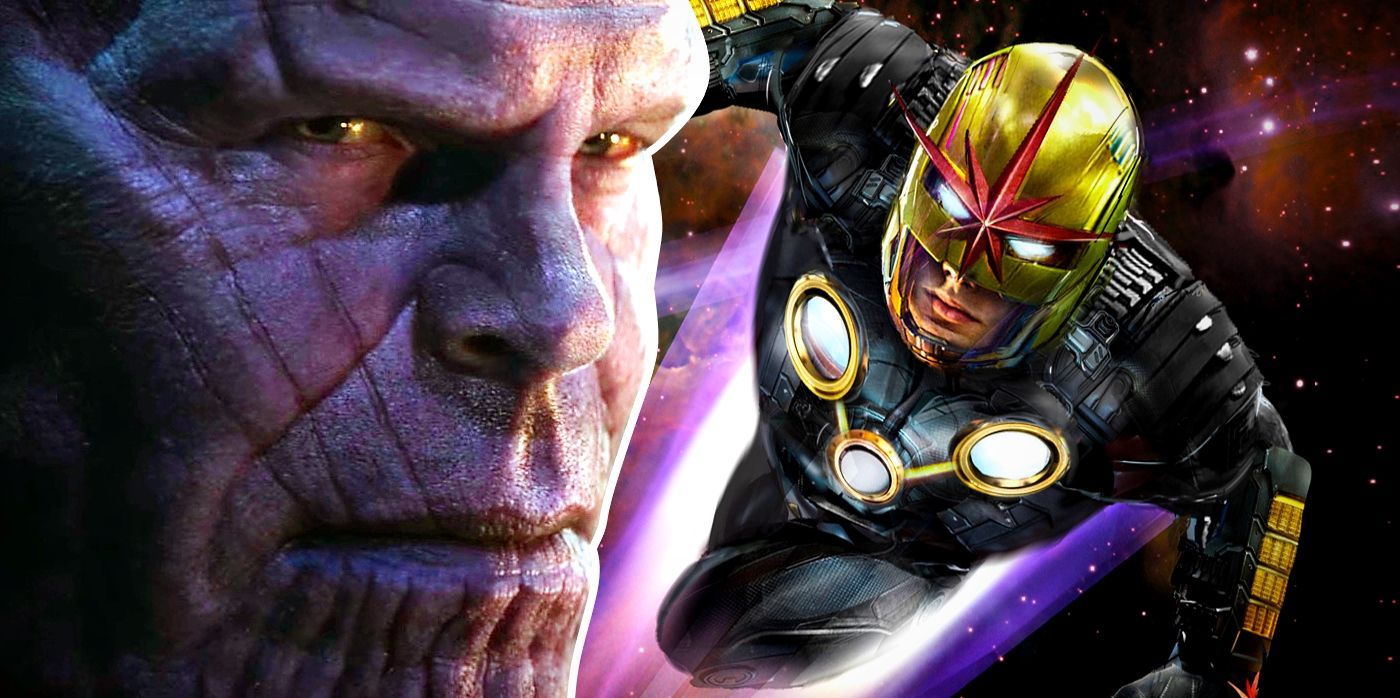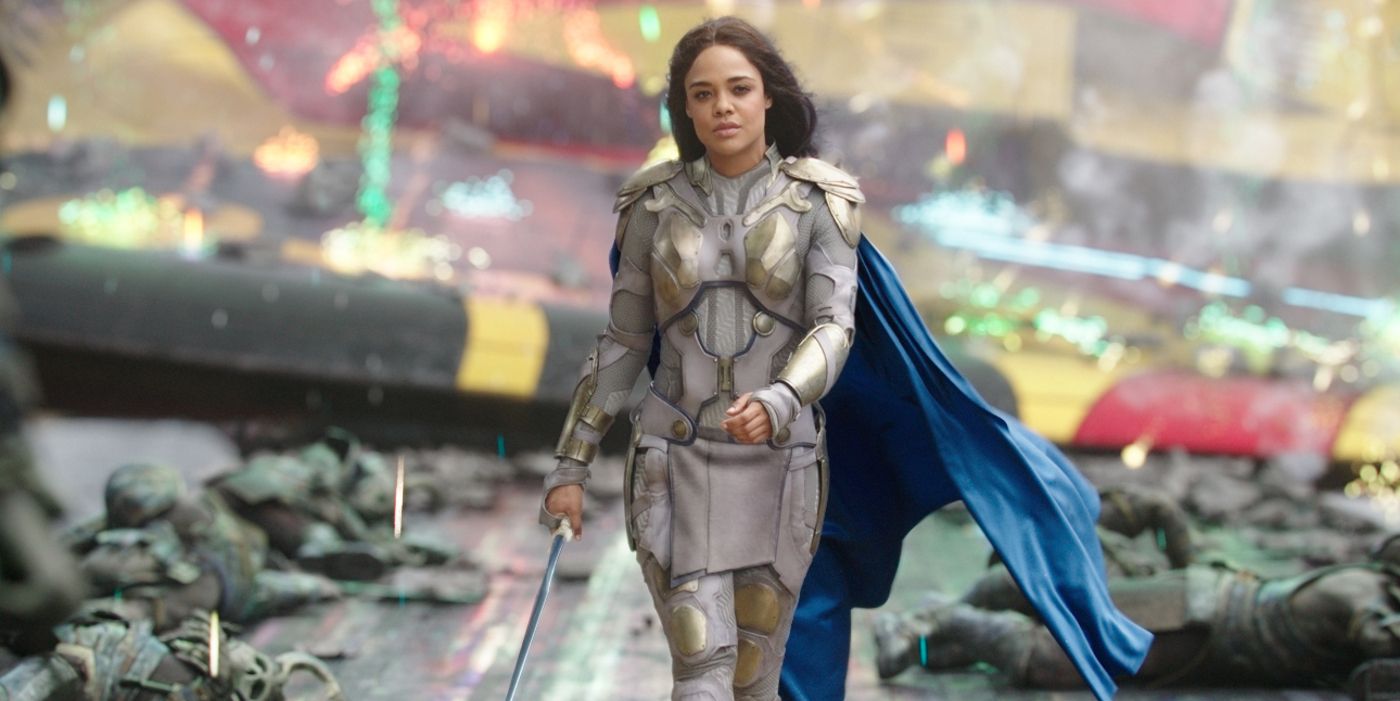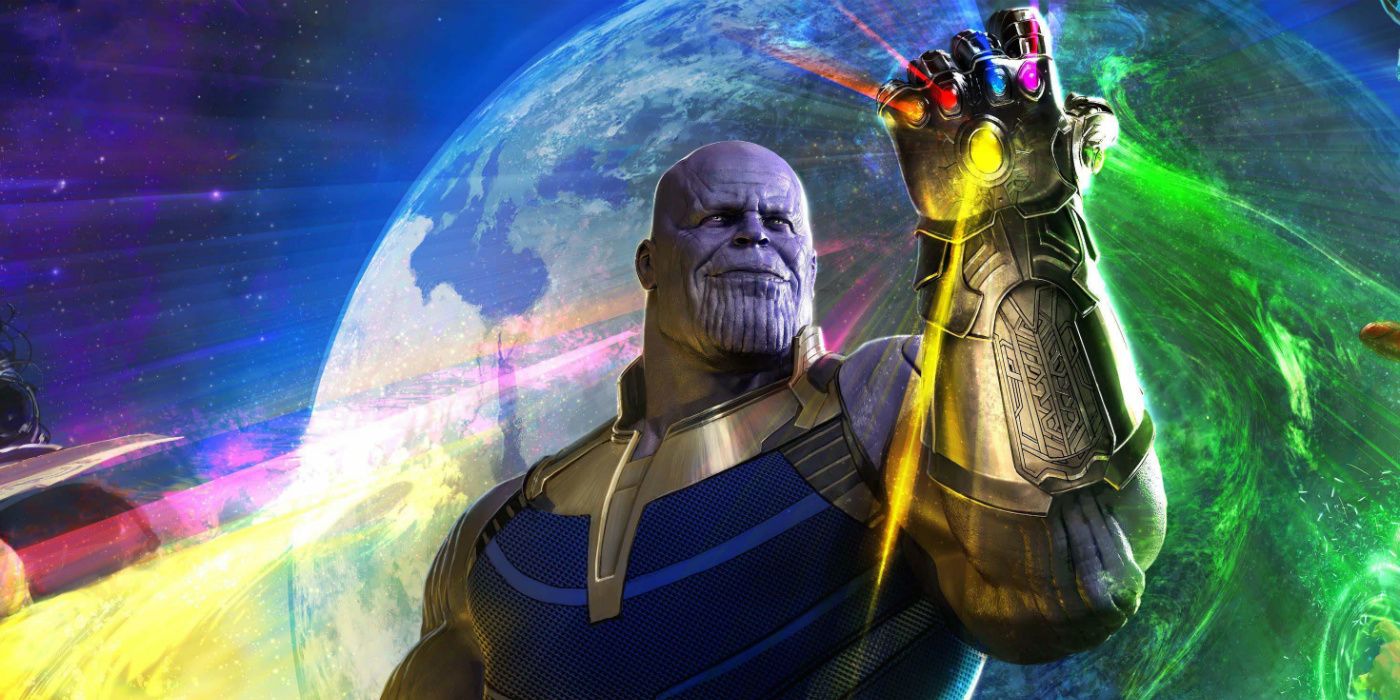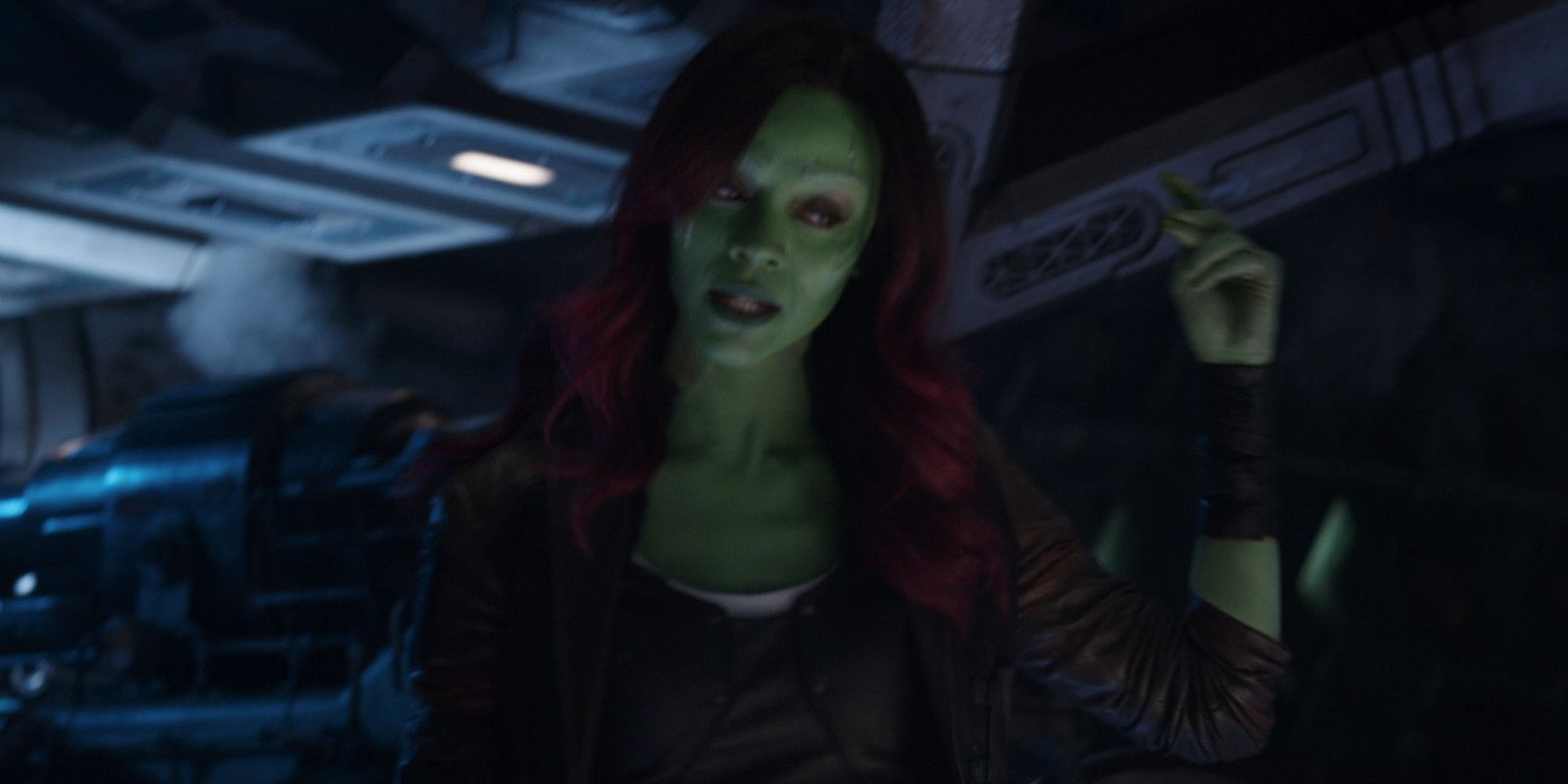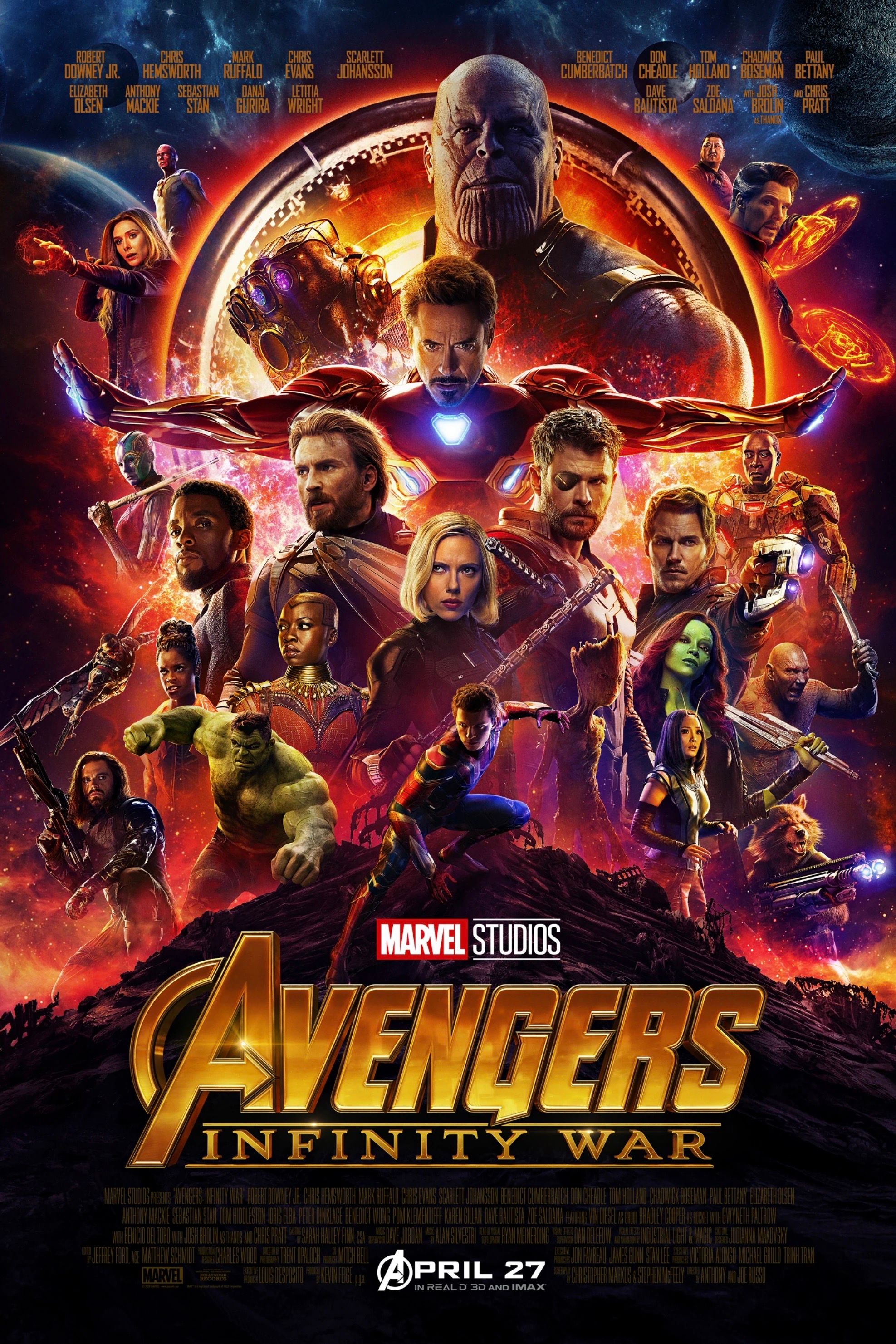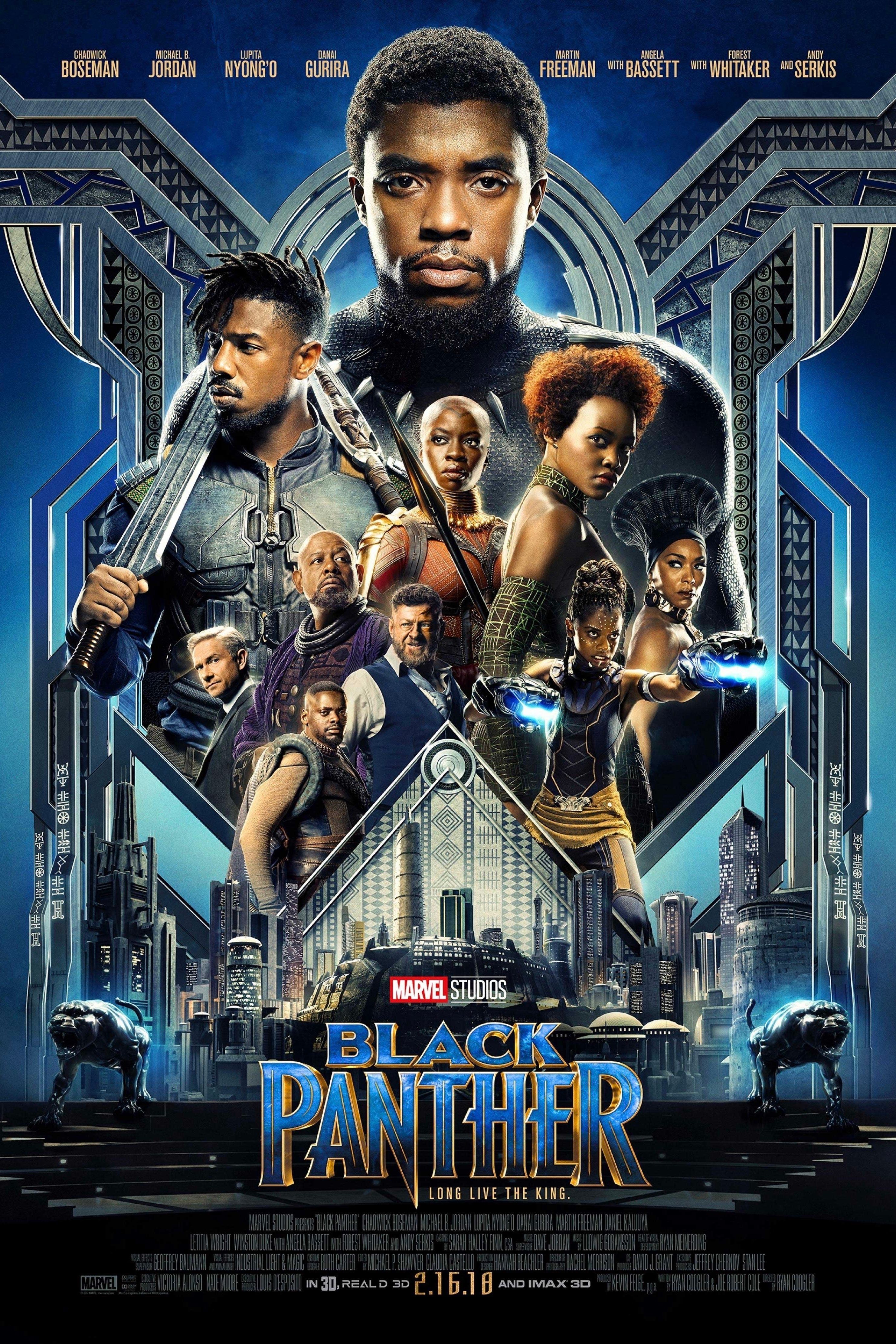Avengers: Infinity War tells an action-packed story, but surprisingly it missed a lot of key moments. The film opens just minutes after Thor: Ragnarok's post-credits scene, and from there it takes viewers on a whistle-stop tour of the Marvel Cinematic Universe. Thanos is coming, and the entire cosmos trembles before his might.
But several concepts and themes actually go unexplored. In several cases, major events actually happen off-screen and are explained instead by dialogue. That's understandable, though. Some of the omissions actually benefit the film's structure, preventing repetitive plots; Thanos gains one Infinity Stone, and another, and another, and another... That plot can only go on for so long, especially given the Russo brothers wanted there to be an emotional impact every time Thanos acquired an Infinity Stone. In other cases, it's simply that the Russoss can only fit so many Easter Eggs into a single movie. But let's take a look at the important arcs and characters who didn't make the cut.
Related: The Many Unanswered Questions in Avengers: Infinity War
- THIS PAGE: The Opening Scenes Hide a Lot
The Destruction of Xandar
This is perhaps the most startling omission of them all. 2014's Guardians of the Galaxy introduced the Power Stone, an Infinity Stone that could literally be used to judge entire worlds. That particular Infinity Stone wound up in the possession of Ronan, who attempted to use it to destroy the planet Xandar. Fortunately, he was stopped by the Guardians, and the Power Stone was left in the care of Xandar's Nova Corps. As the sequel revealed, the fact Xandar had possession of the Power Stone became common knowledge across the galaxy.
The opening scenes of Infinity War revealed that Thanos had already acquired the Power Stone. It wasn't hard to guess that he'd taken the Infinity Stone by force. Later dialogue saw Thor inexplicably reveal that Xandar had been razed a week ago. It's not quite clear how the God of Thunder knew this; after all, Infinity War is set straight after the events of Thor: Ragnarok, and Thor had spent the last week or so stranded on the remote world of Sakaar. Making this even odder, while Thor knew of Xandar's fate, the Guardians of the Galaxy didn't. The only possible explanation is that Thanos revealed this in an unseen villain monologue as he fought the God of Thunder.
RELATED: How Thanos May Create NOVA in Avengers: Infinity War
In narrative terms, it's easy to understand why the Russos chose not to show the fall of Xandar. The Russos understand that cosmic action sequences carry more weight if they involve characters audiences genuinely care about. As much as comic book fans love the Xandarians, the reality is that general audiences have little reason to care, and haven't seen that planet on the big screen since 2014. Meanwhile, this may well serve as a smart strategic play on Marvel's part. The House of Ideas is reportedly considering a Nova film. Leaving Xandar's fate as vague as possible gives future screenwriters a lot of wiggle-room.
Missing Characters
More surprisingly, however, Infinity War opens with Thanos having already captured the Asgardian refugee ship. His Black Order stalk through the ship's bay, stepping over the bodies of fallen warriors and civilians. The bulk of the actual battle goes unseen; as a result, key characters from Thor: Ragnarok don't make an appearance at all. Korg and Miek are notable for their absence. The most surprising, though, is Valkyrie. Although Tessa Thompson was missing from the trailers, she was seen on the set of Infinity War in May last year. Her name actually appears on the posters advertising Infinity War.
It's possible the opening scenes were cut during editing, and that Valkyrie - and perhaps even Korg and Miek - were originally seen. Meanwhile, some of the scenes shot in Scotland don't actually fit at all with Infinity War, so were presumably shot for Avengers 4 instead. If that's the case, Valkyrie may yet appear in next year's Infinity War sequel.
Thanos's Backstory
Thanos's motives are woven into his backstory. As he reveals in dialogue in Infinity War, explosive population growth on his homeworld of Titan led to the planet's resources being used up. Thanos saw the disaster coming, and proposed a nightmarish solution; that half his world's population should be slaughtered. His proposal was arbitrary and horrific, that the deaths should be randomly distributed across every tribe, class, and group. Naturally, Thanos's people rejected this idea. They were ultimately consumed in an extinction-level event, and Thanos believed he was right. Now, millennia later, he sees the entire universe at risk of the same kind of Malthusian disaster. In Thanos's view, population growth across the cosmos is outstripping resource availability. He knows the solution, though; and he will not allow tragedy to happen again.
It's a dark, twisted motivation, one that arguably makes Thanos a strangely sympathetic villain. But given Thanos's motives are so inextricably linked to his backstory, you'd expect the Russo brothers to deploy a "show, not tell" approach. They take a step towards it, with Thanos using the Reality Stone to give a glimpse of Titan as it was, but it's not quite enough. It's true that Marvel has insisted we shouldn't expect a "Thanos biopic," but the film really should have had more than this.
RELATED: Thanos' MCU Origin & Motivations Are Different from the Comics
Surprisingly, Thanos's backstory will actually be told in a novel. In November, Marvel Publishing will release the novel Thanos: Titan Consumed, written by YA author Barry Lyga. "Learn the origins of the most formidable foe the Avengers, the Guardians of the Galaxy, Doctor Strange, and Black Panther have ever faced," the blurb teases, "a foe whom even a group of remarkable people, pulled together to fight the battles nobody else could, will fail to stop." The novel's canonicity is rather confused, though; the publisher originally told io9 that it was part of the MCU canon, then later corrected the statement. Whether it is ultimately canon or not, Lyga coordinated closely with Marvel Studios, meaning it's as near as we're likely to get to exploring Thanos's backstory.
Gamora and the Soul Stone
The Soul Stone's location has been one of the MCU's most closely-guarded secrets. In the end, though, it turned out only one person knew where it was: Gamora. Years ago, she'd been tasked by Thanos to find the Soul Stone. Instead, she'd settled for destroying the map, and reported failure. She'd believed the secret would be hidden forever; then, in a strange lapse of judgment, she'd told her secret to Nebula. Instead of showing this backstory in the movie, they opt for some brief exposition and a holographic memory from Nebula.
This one's a little more understandable, given the film can only show so much. At the same time, though, it's worth noting that the Soul Stone itself doesn't play a major role in Infinity War. Thanos uses the Power Stone, the Time Stone, the Space Stone, and the Reality Stone; but he never seems to unleash the power of the Soul Stone. A recent tie-in comic revealed the Soul Stone is the "biggest threat" of all the Infinity Stones. That makes Thanos's failure to use it pretty remarkable and suggests the Soul Stone will surely play a major role in Avengers 4.
Ultimately, few of these omissions have any major impact on the quality of Infinity War. The most noteworthy is the fact that Thanos's backstory goes unseen; given he's essentially the star of the film, it would perhaps have been wiser to explore the Mad Titan's motives through a flashback. It will certainly be interesting to see whether future movies, comics, and even novels fill out these gaps.
MORE: Avengers: Infinity War Solves The MCU's Biggest Problems

